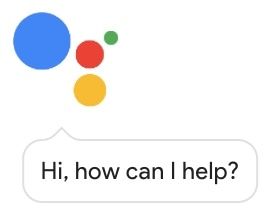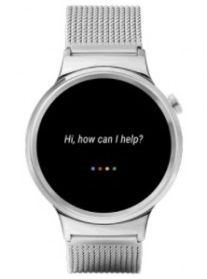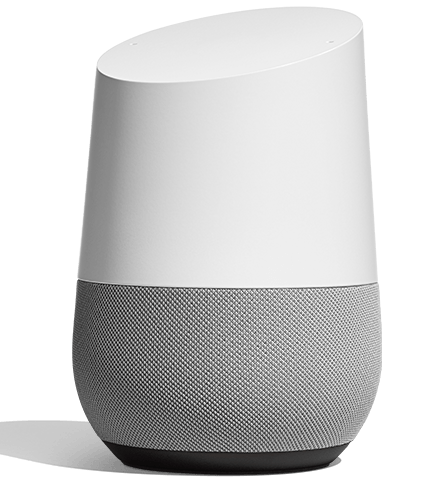For years, Apple users have relied on Siri as their go-to virtual assistant, seamlessly integrated into iPhones and iPads. However, 2017 brought a new contender to the table—Google Assistant, which had already made a name for itself on Android devices, finally crossed over to iOS in the UK.
While U.S. users had enjoyed this feature for some time, the arrival of Google Assistant on iPhones and iPads here raises a key question: How does it compare to Siri, and could it be the better option for Apple users?
Both Siri and Google Assistant offer voice-activated assistance, but their capabilities and integrations differ in ways that might surprise you. With Google’s robust AI capabilities powering Assistant, it offers some distinct advantages that challenge the dominance of Siri.
In this blog, we’ll explore the key differences between the two virtual assistants and assess whether Google Assistant has what it takes to become the preferred choice for iPhone and iPad users in the UK. Whether you're looking for smarter responses, better integration with Google services, or more natural conversations, we'll help you decide which assistant best meets your needs.






